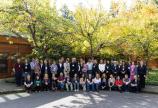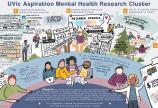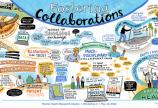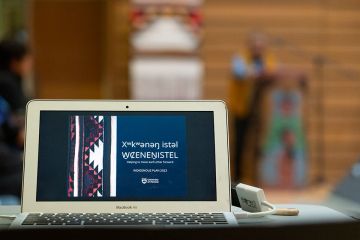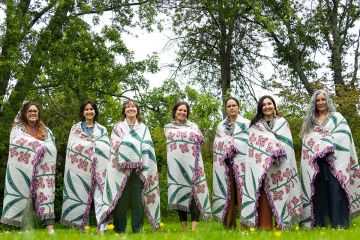Holistic mental well-being
- Jessica Skelton
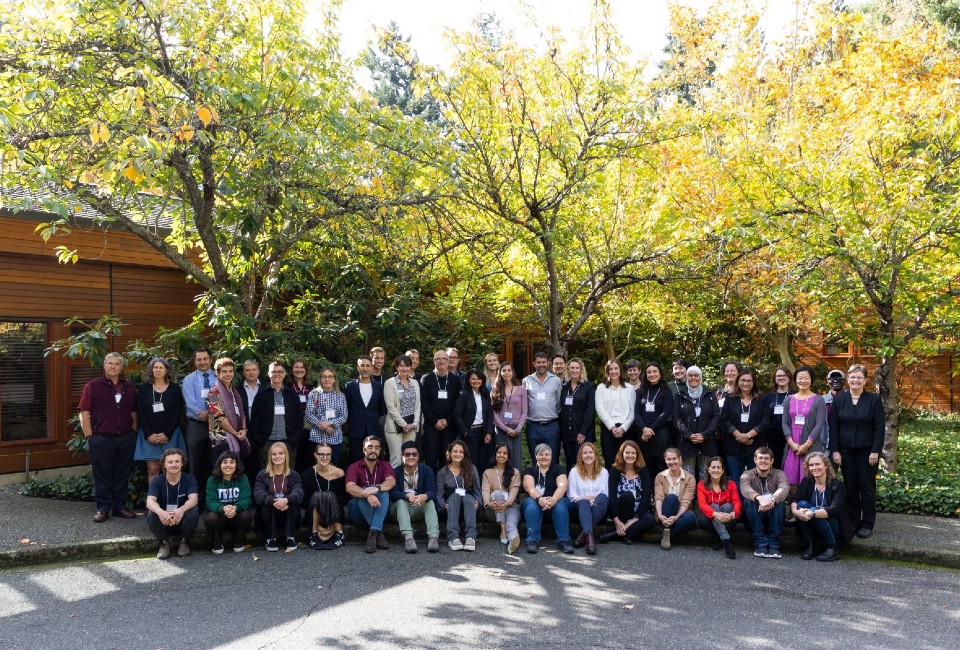
He tried several different mental health medications, but none of them worked. He wants to vent his frustrations, but friends avoid him these days.
They dropped out of school because they couldn’t concentrate. The thought of writing exams made them panic. They’re too ashamed to seek help.
After losing her job during the COVID-19 pandemic she started drinking more as a way to cope with the stress and her mental health symptoms. She’s struggling to break the habit even though she’s returned to work and getting regular treatment.
One in eight people worldwide lives with mental health disorders. All of their experiences are different, and the solutions they need to live full and healthy lives are different, too. To tackle this complex issue, researchers need to take a multifaceted approach when studying mental health. The problem is, the research is usually siloed.
The new University of Victoria Mental Health Research Cluster (MHRC) wants to change this. It’s bringing together experts from across campus and beyond to form interdisciplinary research collaborations that tackle mental health from multiple angles at once.
“We knew there were quite a few people here interested in mental health, but they were talking about it in a wide variety of ways,” says Hector Caruncho, the cluster’s principal investigator and researcher within the Division of Medical Sciences (DMS). “The idea is to bring everyone together.”
Better together
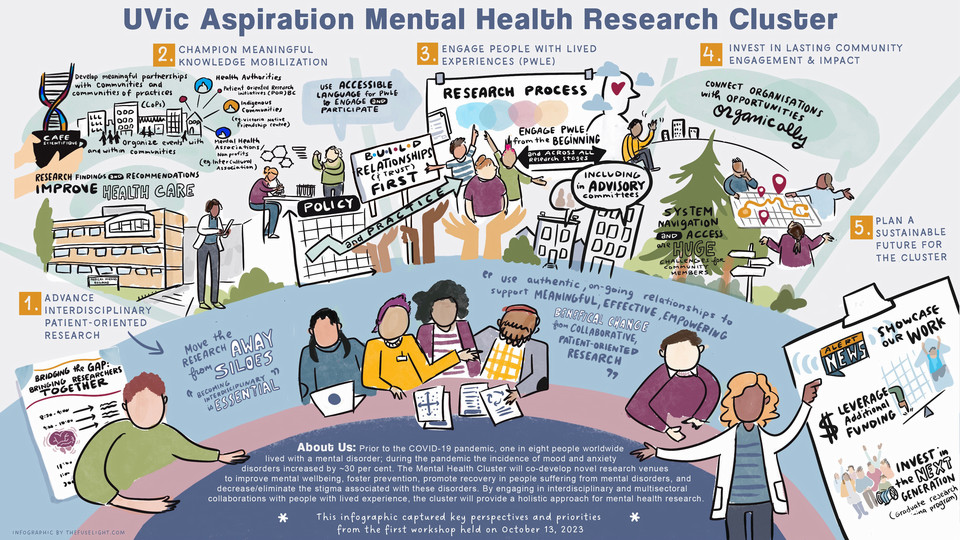
To help everyone understand their new colleagues’ perspectives on mental health, the cluster has set up a series of workshops with project partners to explore links between their work and developing new initiatives that improve well-being, foster prevention, promote recovery, and reduce stigma for people suffering from mental health disorders.
While finding common ground is important, the researchers’ academic and personal differences will remain key to the success of their future projects.
Diversity brings differences that broaden the perspectives on the ways we conceive, conduct, disseminate and translate our research.”
—Hector Caruncho, UVic MHRC Principal investigator and researcher at UVic Division of Medical Sciences
The research cluster currently includes 20 UVic researchers from eight departments whose research interests span biological psychiatry, narratives of mental health, and the relationships between mental health and factors like substance use, aging, youth and immigration. Caruncho says the cluster is open to anyone at UVic interested in mental health research, and that the MHRC is committed to ensuring that people from various career stages and equity-deserving groups are included in its membership.
A patient’s perspective

Cluster members know that if they want their work to be truly impactful, they need to meaningfully engage with one more group: people with lived mental health experiences. So, instead of treating individuals as case studies, the researchers have invited patients to attend cluster workshops as partners.
“Working directly with the community leads to solutions based on understanding, not just knowledge,” says Caruncho.
By actively participating in the research process like this, people with lived mental health experiences can help ensure future projects develop around their health priorities. They can also collaborate with researchers on the most effective and accessible ways to share findings with other patients and with policy makers.
Towards the future
The cluster is still in its early stages, but Caruncho says there are already exciting conversations happening about how to build a sustainable future for the research cluster. Its members are excited to continue working toward a better future for mental health research, together.
The MHRC is funded through Aspiration 2030, a strategic initiative of the Office of the Vice President of Research and Innovation that commits to create a better world through research, curiosity, engagement and innovation. The cluster directly relates to the Aspiration 2030 impact areas of health and wellness and social justice and equity, which align with UVic’s commitment to the United Nations Sustainable Development Goals.
For 50+ years, UVic has been leading the way in unique health and wellness programs including health informatics, psychology, social work, exercise science, nursing, medicine and more. UVic’s new Faculty of Health is positioned to respond to pressing local and global health challenges in new ways through our research, teaching and training strengths, as well as integrate Indigenous ways of knowing and scholarship into health and wellness. From practice to practitioner, we combine hands-on practicums, community-engaged learning, cutting-edge primary care and human health programs. Learn more about UVic’s Faculty of Health at UVic.ca/health.
Photos
In this story
Keywords: community, health, science, administrative, student life, mental health, People Place Planet, Sustainable Partnerships
People: Hector Caruncho

